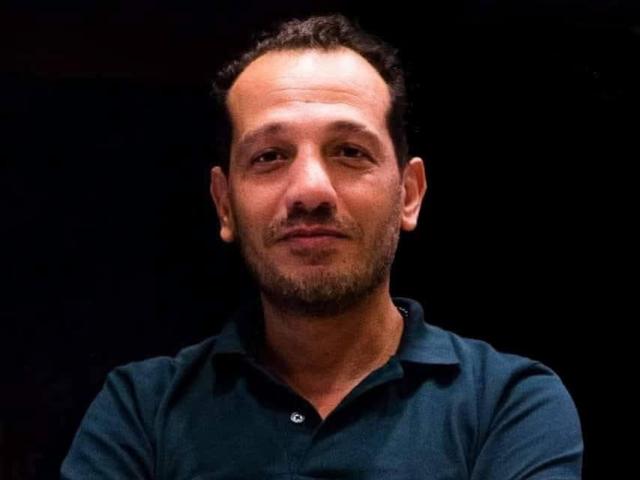
Security crackdown extends to non-religionists, atheists, and those with dissenting religious views
Press Release
EIPR condemns the arrest campaign launched by security agencies against non-religionists, atheists, and others with differing religious views. This campaign began mid-September and is still ongoing, violating constitutional commitments to guarantee and protect freedoms of religion, belief, opinion, and expression, which the government pledged to uphold in its flagship National Human Rights Strategy and has repeatedly confirmed in its reports submitted to the United Nations as well as its donor and lending partners.
EIPR has documented the arrest of at least 14 individuals in the past few weeks who are believed or perceived to hold beliefs that deviate from mainstream religious beliefs. They were arrested for simply exercising their constitutional right to express their ideas and intellectual queries and curiosities via social media platforms. A number of those arrested were forcibly disappeared for several days before their appearance before the Supreme State Security Prosecution (SSSP), which is in charge of their investigations. They were charged with joining a group established in violation of the constitution and the law, and publicly assaulting a religion whose rites are performed openly. The Prosecution then ordered the detention of the accused in the case filed as Case No. 6954/2025, Supreme State Security Investigations. EIPR lawyers represent a number of those detained in connection with this case.
The persecution campaign was launched on 13 September 2025, with the arrest of Maged Zakaria Abdel Rahman, known as "Mufti of Humanity." He was not permitted contact with his family or lawyer until he appeared before the SSSP ten days after his arrest. Arrests then followed for individuals who appeared with him on his YouTube programme or who posted video clips of themselves on open or closed Facebook groups, including the group "Arab Atheists Network and Forum."
The current crackdown comes in light of the accelerating security crackdowns against followers of religions and beliefs not recognised under Egyptian law, or those holding views that deviate from those adopted by official religious institutions. In 2025, EIPR documented the arrest of 39 individuals who were charged in connection with six different cases, including seventeen followers of the "Ahmadi Religion of Peace and Light." The Egyptian authorities deported a Syrian refugee who was one of the accused in that case, and the rest remain in detention pending investigation. It is quite normalised now that detention orders are issued against the accused in state security investigations regardless of the nature of the incidents or alleged acts for which they were arrested, and irrespective of the extent to which those incidents under investigation y correspond with the crimes addressed by the Penal Code.
Security agencies and the Public Prosecution questioned the accused about the nature of their religious beliefs and the places of worship they frequent, in what resembled a religious trial. EIPR also received testimony about detention facility officials organising religious seminars for the arrested individuals. Although religious counselling is stipulated in the Prisons Regulation Law as a method of educating and providing educational and cultural material to prisoners, EIPR stresses that detainees must not be compelled in any way to attend this type of activity against their will, as this constitutes a form of religious coercion prohibited under the Egyptian Constitution and international law.
EIPR warns against the escalating state of hostility towards freedom of opinion and expression especially as it relates to exercising the right to freedom of belief. This right is guaranteed to all citizens under Article 64 of the Constitution, which affirms that "freedom of belief is absolute." EIPR stresses the necessity of adhering to a broad definition of freedom of religion and belief in accordance with Article 18 of the International Covenant on Civil and Political Rights (ICCPR), which is part of Egyptian legislation under Article 93 of the Constitution. The ICCPR protects monotheistic and non-monotheistic religions, and even atheistic ideas, meaning its scope of interpretation is not limited only to prevailing religions. The second paragraph of the article also prohibits coercion that would impair the right to adopt a religion or belief, including the use of threats of physical force or penal sanctions to compel believers or non-believers to adhere to or abandon their religious beliefs.
EIPR demands the immediate cessation of the campaign of arrests and persecution of citizens because of their religious beliefs and their expression. EIPR also calls for the immediate release of those arrested and dropping all charges against them.



